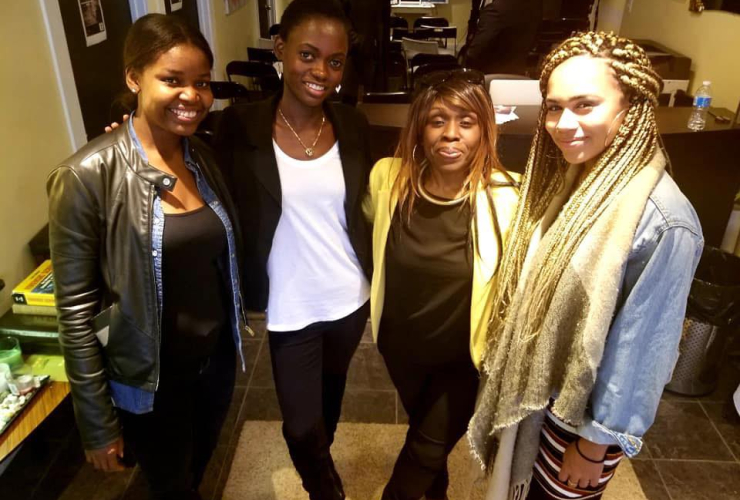Despite more than three years of legal weed, conversations around cannabis and its interactions with mental health, especially for young people, remain stuck on abstinence, if they happen at all.
But a youth-led project aims to fix that problem with the launch of an online course that seeks to answer young people’s questions about the substance with available scientific evidence and lived experiences of their peers.
“There's not a lot of conversation with young people around cannabis and the potential harms associated with it, what cannabis looks like in day-to-day life, if young folks are curious about it who they can talk to, so it's really to talk directly to young folks,” explained Kiah Ellis-Durity, project facilitator for the Cannabis and Mental Health project.
She said her own experience involved initially smoking weed to fit in and find a sense of self and identity, but her use became habitual to the point of affecting her mental health.
“At first, I took it recreationally and I was suffering from depression and anxiety and self-medicating with cannabis to help me feel different and connect with people,” she recalled. At some point, people around her brought up their concerns, she said, “and I realized it was exacerbating the symptoms of depression and anxiety and isolating me from my peers.”
While mental health discourse has improved a lot since she was in high school less than a decade ago, the project’s teen advisory committee “had a lot of questions when it came to cannabis,” Ellis-Durity said, with schools and organizations that engage with youth still commonly leaning on a “just say no” mentality or avoiding the subject altogether.
While cannabis was made legal for recreational use in Canada in 2018 and has been available via medical prescription since 2001, outreach and education efforts remain limited.
“It just feels safer and it’s sometimes easier to just not go there because it can be uncomfortable” for adults to engage, she said.
A government survey of Canadian cannabis use conducted last year found first encounters with the substance often occur between 18 and 21 years old, and that almost twice as many young people had used cannabis in the previous 12 months compared to those 25 or older. (Thirty-seven per cent of 16- to 19-year-olds and 49 per cent of 20- to 24-year-olds versus 22 per cent of those 25-plus.)
Launched last week, the free 90-minute course aimed at young people is split into four modules that explore the legal framework around cannabis, its physiological and psychological mechanics and how to reduce possible harms if and when young people do decide to consume.
The project also provides a mentor guide with activities for educators, peer support and youth workers, parents and youth allies.
The course was created with the backing of the Schizophrenia Society of Canada, the Mental Health Commission of Canada (MHCC) and Ontario’s YouthREX (the Youth Research and Evaluation eXchange), with funding from MHCC and Health Canada.
Although she considered herself an informed user previously, Ellis-Durity said running the project taught her about internalized stigma and about the way an individual’s specific endocannabinoid systems create unique cannabis interactions for everyone.
Morgan Sharp / Local Journalism Initiative / Canada’s National Observer






Comments